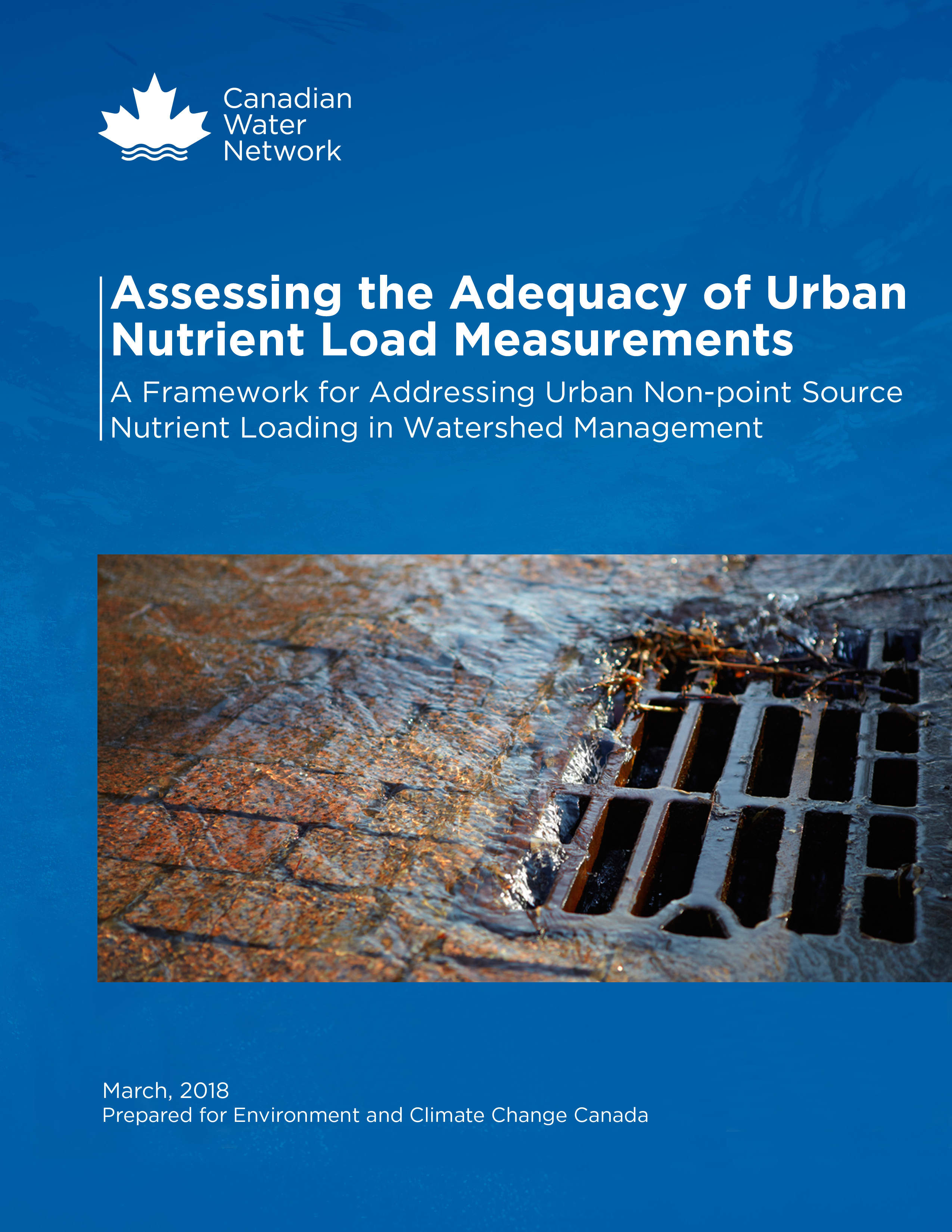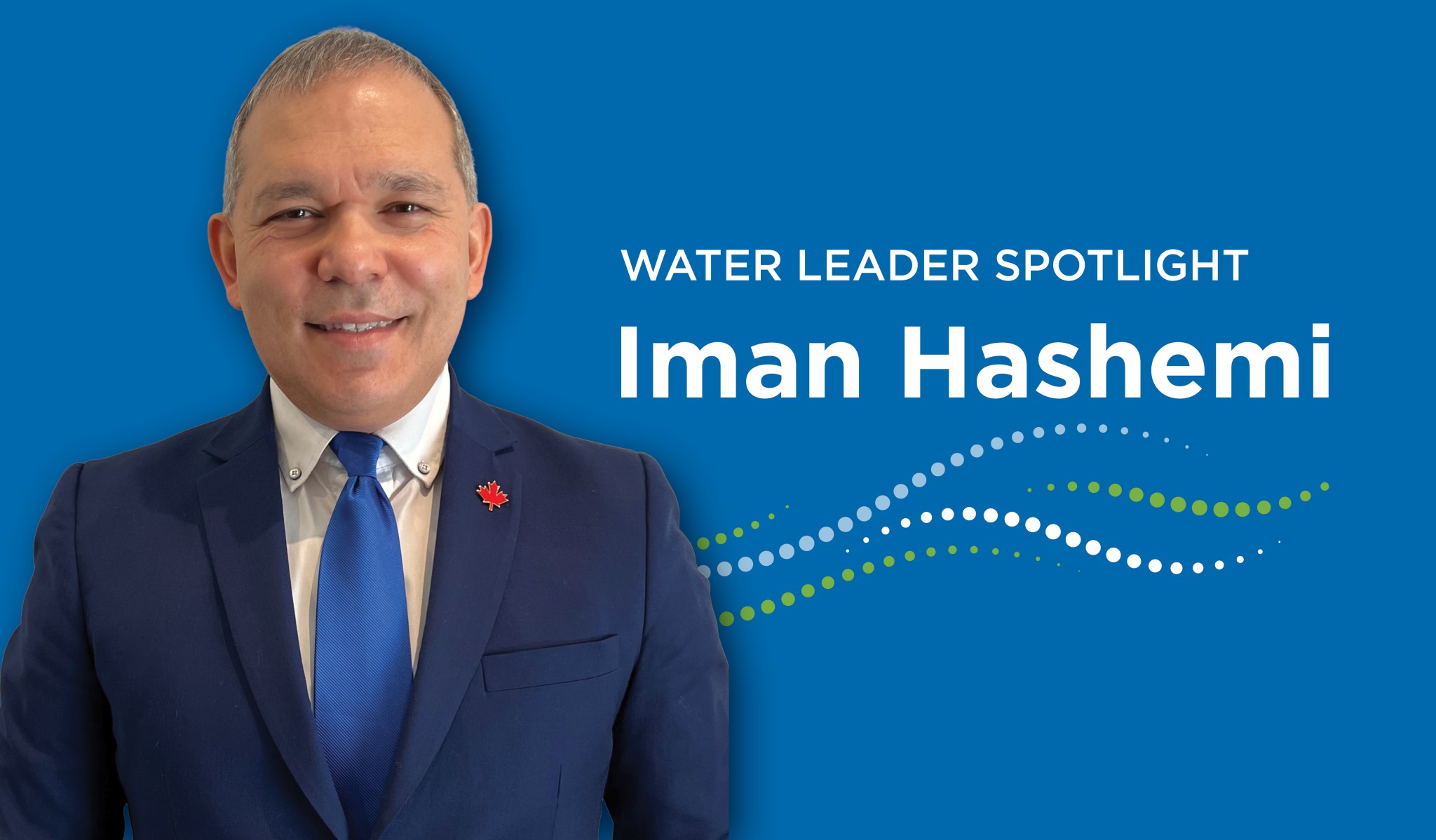Assessing the adequacy of urban nutrient load measurements
Canadian Water Network (2017-2018)

Challenge
Effective policies and best management practices (BMPs) for controlling nutrient inputs to water bodies from municipal sources are critical for watershed management. Estimates of nutrient loadings to receiving water bodies are typically calculated using point measurements of nutrient concentrations and known discharge rates. However, the validity and effectiveness of this method depend largely on how well the point measurements represent actual nutrient concentrations in discharge flows and how the estimates are used. A better understanding is required to answer the questions:
- How well do conventional loading calculations and assessments reflect actual loadings?
- Do the variations in nutrient water quality measured suggest that the current practices provide a reasonable indication of true loadings?
A lack of representativeness introduces uncertainty in load estimates and may be important in understanding lake dynamics and response to nutrient loading. Some uncertainty is inevitable, so it is important to understand to what degree the levels of uncertainty that exist are relevant to decision making.
Project
With financial support from Environment and Climate Change Canada (ECCC), Canadian Water Network assessed how well tributary nutrient loading measurements and statistical approaches meet the needs of urban wet weather water management. That is, how effectively do existing measurements and approaches support decision making by watershed managers? The project’s objectives were to improve the alignment between nutrient loading study objectives and methods, and to clarify when and where current practices may be inadequate to support management decisions. The following questions were considered:
- Where do nutrient loading considerations fit within watershed management planning and action relative to the management of other potential contaminants of concern such as pathogens, suspended solids, heavy metals and persistent organic pollutants?
- Where, and at what scale, are nutrient loading estimates currently being applied to support improved water quality conditions downstream of BMP project sites, throughout tributary networks and in downstream receiving water bodies such as reservoirs, larger rivers and the Great Lakes?
- What are the key emerging goals for the use of nutrient loading considerations to measure the effectiveness of stewardship activities, BMP implementation and land use management or development plans and policies?
Outputs
CWN convened an Advisory Group of eight leading experts with diverse experience in municipal wastewater and stormwater management, nutrient transport and loading, water quality and tributary monitoring, environmental impacts and landscape modelling. The Advisory Group was chaired by Duncan Boyd who, supported by input from group members, drafted a whitepaper assessing the state-of-the-knowledge and practice on measuring urban nutrient loads, including the utility of nutrient monitoring methods typically used in Canada.
In February 2018, CWN hosted an expert workshop for 1.5 days in Toronto, Ontario with the Advisory Group and an additional 29 experts from southwestern Ontario, including decision-makers, researchers and practitioners with strong combined knowledge and credibility in urban water management, nutrient transport and loading, water quality and tributary monitoring, environmental impacts and landscape modelling. The workshop discussions, together with the experts’ responses to a pre-workshop questionnaire, focused on validating, augmenting and updating the knowledge captured in the whitepaper and assessing the gaps in existing knowledge for informing decisions. Following the workshop, the whitepaper was updated and CWN prepared a synthesis document for decision-makers.
Outcomes
The insights generated from the workshop, whitepaper and synthesis document were shared with the project participants and ECCC and published on CWN’s website. The insights included a recommended framework for decisions on management of nutrients from urban sources that can be used to inform policy design, practice and investment by urban water managers. This framework, as well as the other insights, are being used by CWN to investigate the next steps for decisions makers to improve how nutrient estimates are used to manage and protect receiving waters.
This project was undertaken with the financial support of the Government of Canada through the federal Department of Environment and Climate Change.













